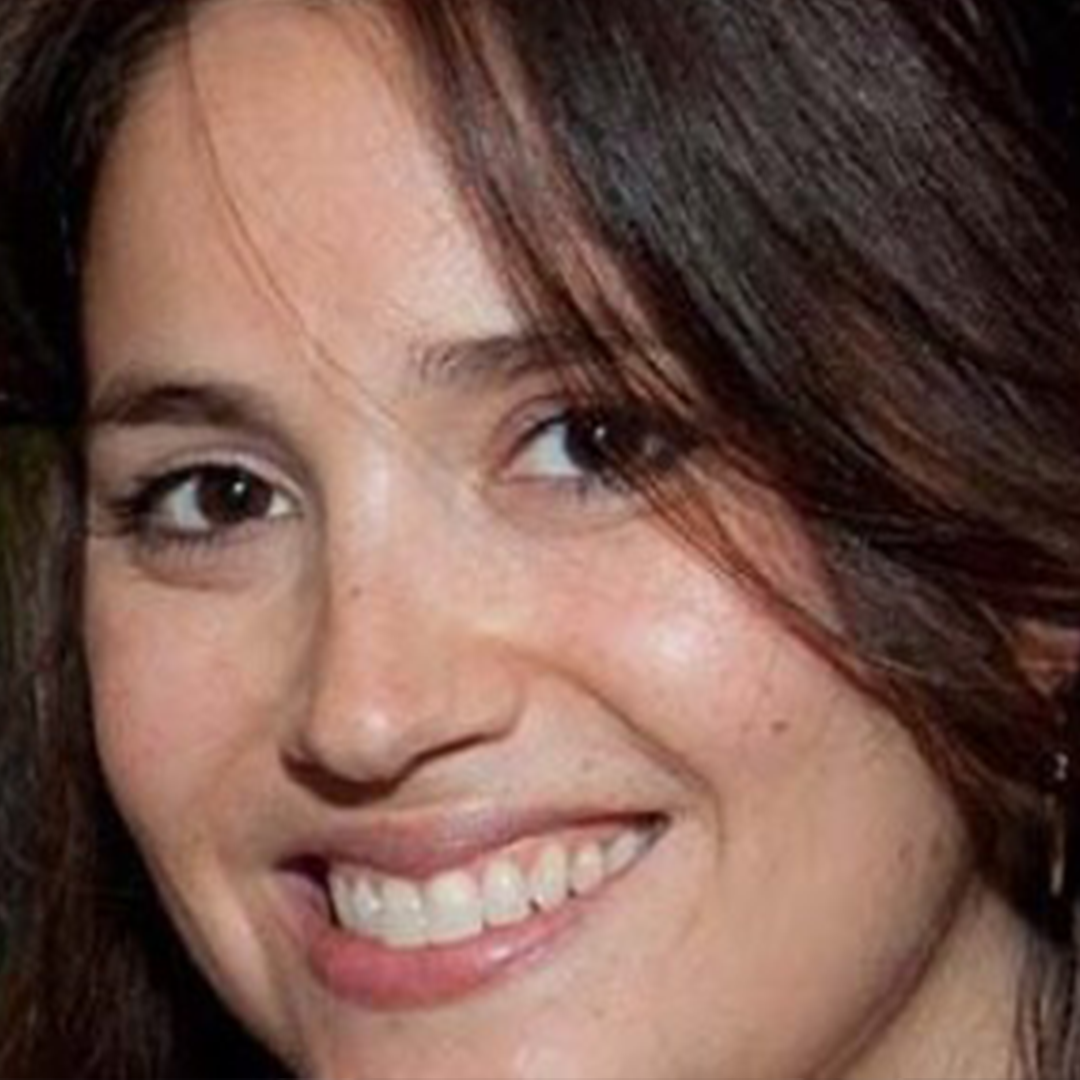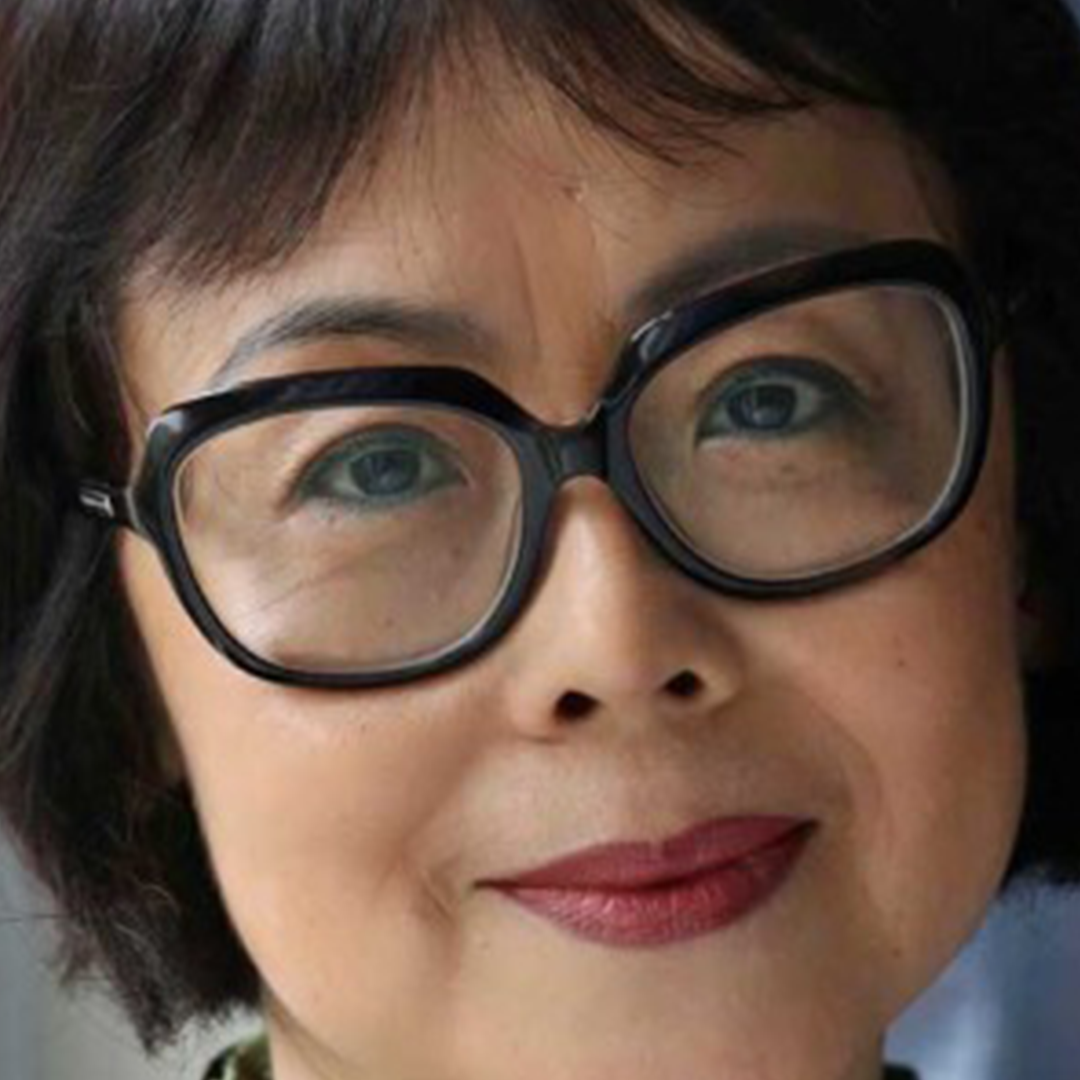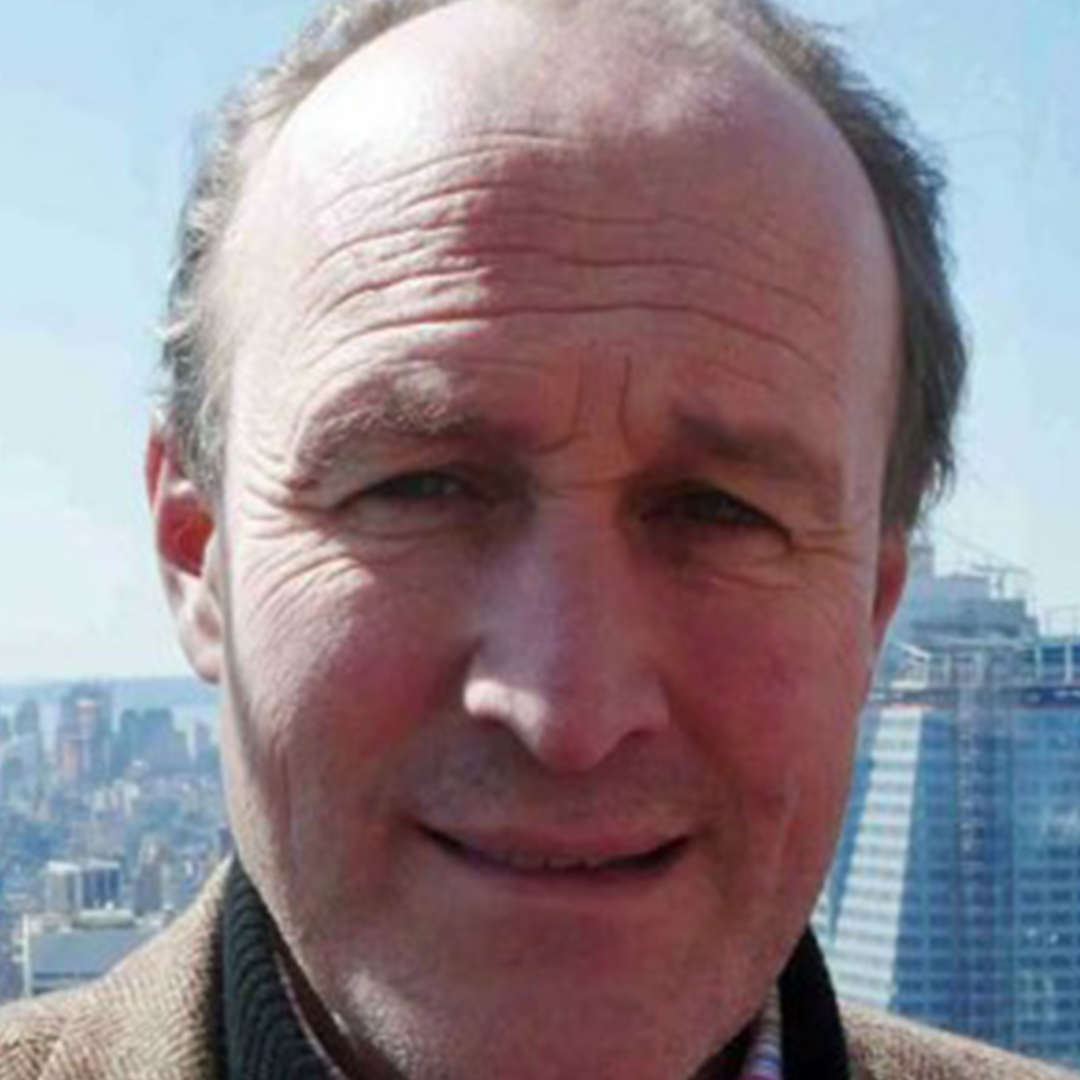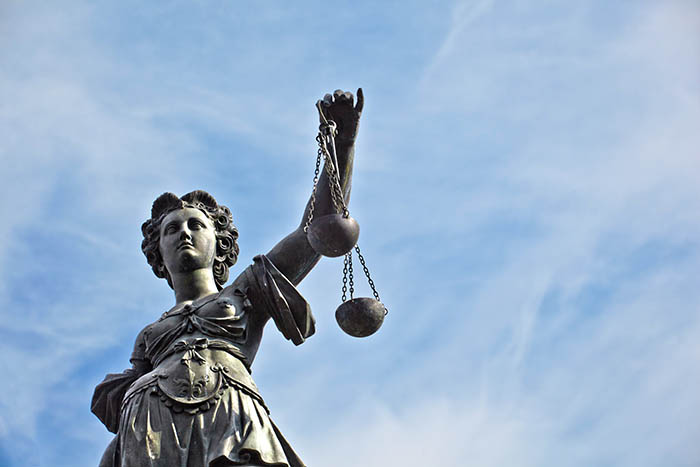Free to air
FEATURING

Amie Ferris-Rotman
Journalist

Xinran
Writer and radio presenter

Peter Bazalgette
Writer
FEATURING

Journalist

Writer and radio presenter

Writer
[vc_row][vc_column][vc_custom_heading text=”Contributors include Madeleine Thien, Xinran, Peter Bazalgette, Laura Silvia Battaglia, Mahesh Rao, Chawki Amari and Amie Ferris-Rotman”][vc_column_text]
[/vc_column_text][vc_single_image image=”95458″ img_size=”full” alignment=”center”][/vc_column][/vc_row][vc_row][vc_column][vc_column_text]
[/vc_column_text][/vc_column][/vc_row][vc_row][vc_column][vc_custom_heading text=”Special report: Free to air “][vc_column_text]
[/vc_column_text][/vc_column][/vc_row][vc_row][vc_column][vc_custom_heading text=”In focus”][vc_column_text]
[/vc_column_text][/vc_column][/vc_row][vc_row][vc_column][vc_custom_heading text=”Culture”][vc_column_text]
[/vc_column_text][/vc_column][/vc_row][vc_row][vc_column][vc_custom_heading text=”Column”][vc_column_text]
[/vc_column_text][/vc_column][/vc_row][vc_row][vc_column][vc_custom_heading text=”Endnote”][vc_column_text]
[/vc_column_text][/vc_column][/vc_row][vc_row content_placement=”top”][vc_column width=”1/3″][vc_custom_heading text=”Free to air” font_container=”tag:p|font_size:24|text_align:left” link=”url:%20https%3A%2F%2Fwww.indexoncensorship.org%2F2017%2F09%2Ffree-to-air%2F|||”][vc_column_text]Through a range of in-depth reporting, interviews and illustrations, the autumn 2017 issue of Index on Censorship magazine explores how radio has been reborn and is innovating ways to deliver news in war zones, developing countries and online
With: Ismail Einashe, Peter Bazalgette, Wana Udobang[/vc_column_text][/vc_column][vc_column width=”1/3″][vc_single_image image=”95458″ img_size=”medium” alignment=”center” onclick=”custom_link” link=”https://www.indexoncensorship.org/magazine”][/vc_column][vc_column width=”1/3″ css=”.vc_custom_1481888488328{padding-bottom: 50px !important;}”][vc_custom_heading text=”Subscribe” font_container=”tag:p|font_size:24|text_align:left” link=”url:https%3A%2F%2Fwww.indexoncensorship.org%2Fsubscribe%2F|||”][vc_column_text]In print, online. In your mailbox, on your iPad.
Subscription options from £18 or just £1.49 in the App Store for a digital issue.
Every subscriber helps support Index on Censorship’s projects around the world.
![]() SUBSCRIBE NOW[/vc_column_text][/vc_column][/vc_row]
SUBSCRIBE NOW[/vc_column_text][/vc_column][/vc_row]
[vc_row][vc_column][vc_column_text]
The Hague, 5 September 2017
Dear members of the International Association of Prosecutors members, executive committee and senate,
In the run-up to the annual conference and general meeting of the International Association of Prosecutors (IAP) in Beijing, China, the undersigned civil society organisations urge the IAP to live up to its vision and bolster its efforts to preserve the integrity of the profession.
Increasingly, in many regions of the world, in clear breach of professional integrity and fair trial standards, public prosecutors use their powers to suppress critical voices.
In China, over the last two years, dozens of prominent lawyers, labour rights advocates and activists have been targeted by the prosecution service. Many remain behind bars, convicted or in prolonged detention for legal and peaceful activities protected by international human rights standards, including the Universal Declaration of Human Rights. Azerbaijan is in the midst of a major crackdown on civil rights defenders, bloggers and journalists, imposing hefty sentences on fabricated charges in trials that make a mockery of justice. In Kazakhstan, Russia and Turkey many prosecutors play an active role in the repression of human rights defenders, and in committing, covering up or condoning other grave human rights abuses.
Patterns of abusive practices by prosecutors in these and other countries ought to be of grave concern to the professional associations they belong to, such as the IAP. Upholding the rule of law and human rights is a key aspect of the profession of a prosecutor, as is certified by the IAP’s Standards of Professional Responsibility and Statement of the Essential Duties and Rights of Prosecutors, that explicitly refer to the importance of observing and protecting the right to a fair trial and other human rights at all stages of work.
Maintaining the credibility of the profession should be a key concern for the IAP. This requires explicit steps by the IAP to introduce a meaningful human rights policy. Such steps will help to counter devaluation of ethical standards in the profession, revamp public trust in justice professionals and protect the organisation and its members from damaging reputational impact and allegations of whitewashing or complicity in human rights abuses.
For the second year in a row, civil society appeals to the IAP to honour its human rights responsibilities by introducing a tangible human rights policy. In particular:
We urge the IAP Executive Committee and the Senate to:
We call on individual members of the IAP to:
Supporting organisations:
Africa Network for Environment and Economic Justice, Benin
Anti-Corruption Trust of Southern Africa, Kwekwe
Asian Forum for Human Rights and Development (FORUM-ASIA)
Asia Justice and Rights, Jakarta
Asia Indigenous Peoples Pact, Chiang Mai
Asian Human Rights Commission, Hong Kong SAR
Asia Monitor Resource Centre, Hong Kong SAR
Association for Legal Intervention, Warsaw
Association Humanrights.ch, Bern
Association Malienne des Droits de l’Homme, Bamako
Association of Ukrainian Human Rights Monitors on Law Enforcement, Kyiv
Associazione Antigone, Rome
Barys Zvozskau Belarusian Human Rights House in exile, Vilnius
Belarusian Helsinki Committee, Minsk
Bulgarian Helsinki Committee, Sofia
Canadian Human Rights International Organisation, Toronto
Center for Civil Liberties, Kyiv
Centre for Development and Democratization of Institutions, Tirana
Centre for the Development of Democracy and Human Rights, Moscow
China Human Rights Lawyers Concern Group, Hong Kong SAR
Civil Rights Defenders, Stockholm
Civil Society Institute, Yerevan
Citizen Watch, St. Petersburg
Collective Human Rights Defenders “Laura Acosta” International Organization COHURIDELA, Toronto
Comunidad de Derechos Humanos, La Paz
Coordinadora Nacional de Derechos Humanos, Lima
Destination Justice, Phnom Penh
East and Horn of Africa Human Rights Defenders Project, Kampala
Equality Myanmar, Yangon
Faculty of Law – University of Indonesia, Depok
Fair Trials, London
Federation of Equal Journalists, Almaty
Former Vietnamese Prisoners of Conscience, Hanoi
Free Press Unlimited, Amsterdam
Front Line Defenders, Dublin
Foundation ADRA Poland, Wroclaw
German-Russian Exchange, Berlin
Gram Bharati Samiti, Jaipur
Helsinki Citizens’ Assembly Vanadzor, Yerevan
Helsinki Association of Armenia, Yerevan
Helsinki Foundation for Human Rights, Warsaw
Human Rights Center Azerbaijan, Baku
Human Rights Center Georgia, Tbilisi
Human Rights Embassy, Chisinau
Human Rights House Foundation, Oslo
Human Rights Information Center, Kyiv
Human Rights Matter, Berlin
Human Rights Monitoring Institute, Vilnius
Human Rights Now, Tokyo
Human Rights Without Frontiers International, Brussels
Hungarian Civil Liberties Union, Budapest
IDP Women Association “Consent”, Tbilisi
IMPARSIAL, the Indonesian Human Rights Monitor, Jakarta
Index on Censorship, London
Indonesian Legal Roundtable, Jakarta
Institute for Criminal Justice Reform, Jakarta
Institute for Democracy and Mediation, Tirana
Institute for Development of Freedom of Information, Tbilisi
International Federation for Human Rights (FIDH)
International Partnership for Human Rights, Brussels
International Service for Human Rights, Geneva
International Youth Human Rights Movement
Jerusalem Institute of Justice, Jerusalem
Jordan Transparency Center, Amman
Justiça Global, Rio de Janeiro
Justice and Peace Netherlands, The Hague
Kazakhstan International Bureau for Human Rights and Rule of Law, Almaty
Kharkiv Regional Foundation Public Alternative, Kharkiv
Kosovo Center for Transparency, Accountability and Anti-Corruption – KUND 16, Prishtina
Kosova Rehabilitation Center for Torture Victims, Prishtina
Lawyers for Lawyers, Amsterdam
Lawyers for Liberty, Kuala Lumpur
League of Human Rights, Brno
Macedonian Helsinki Committee, Skopje
Masyarakat Pemantau Peradilan Indonesia (Mappi FH-UI), Depok
National Coalition of Human Rights Defenders, Kampala
Netherlands Helsinki Committee, The Hague
Netherlands Institute of Human Rights (SIM), Utrecht University, Utrecht
NGO “Aru ana”, Aktobe
Norwegian Helsinki Committee, Oslo
Pakistan Rural Workers Social Welfare Organization (PRWSWO), Bahawalpur
Pensamiento y Acción Social (PAS), Bogotá
Pen International, London
People’s Solidarity for Participatory Democracy (PSPD), Seoul
Philippine Human Rights Advocates (PAHRA), Manila
Promo-LEX Association, Chisinau
Protection International, Brussels
Protection Desk Colombia, alianza (OPI-PAS), Bogotá
Protection of Rights Without Borders, Yerevan
Public Association Dignity, Astana
Public Association “Our Right”, Kokshetau
Public Fund “Ar.Ruh.Hak”, Almaty
Public Fund “Ulagatty Zhanaya”, Almaty
Public Verdict Foundation, Moscow
Regional Center for Strategic Studies, Baku/ Tbilisi
Socio-Economic Rights and Accountability Project (SERAP), Lagos
Stefan Batory Foundation, Warsaw
Suara Rakyat Malaysia (SUARAM), Petaling Jaya
Swiss Helsinki Association, Lenzburg
Transparency International Anti-corruption Center, Yerevan
Transparency International Austrian chapter, Vienna
Transparency International Česká republika, Prague
Transparency International Deutschland, Berlin
Transparency International EU Office, Brussels
Transparency International France, Paris
Transparency International Greece, Athens
Transparency International Greenland, Nuuk
Transparency International Hungary, Budapest
Transparency International Ireland, Dublin
Transparency International Italia, Milan
Transparency International Moldova, Chisinau
Transparency International Nederland, Amsterdam
Transparency International Norway, Oslo
Transparency International Portugal, Lisbon
Transparency International Romania, Bucharest
Transparency International Secretariat, Berlin
Transparency International Slovenia, Ljubljana
Transparency International España, Madrid
Transparency International Sweden, Stockholm
Transparency International Switzerland, Bern
Transparency International UK, London
UNITED for Intercultural Action the European network against nationalism, racism, fascism and in support of migrants, refugees and minorities, Budapest
United Nations Convention against Corruption Civil Society Coalition
Villa Decius Association, Krakow
Vietnam’s Defend the Defenders, Hanoi
Vietnamese Women for Human Rights, Saigon
World Organisation Against Torture (OMCT)
Zimbabwe Lawyers for Human Rights, Harare[/vc_column_text][/vc_column][/vc_row][vc_row][vc_column][vc_basic_grid post_type=”post” max_items=”4″ element_width=”6″ grid_id=”vc_gid:1504604895654-8e1a8132-5a81-8″ taxonomies=”8883″][/vc_column][/vc_row]
[vc_row][vc_column][vc_column_text]We the undersigned respectfully urge the Danish Parliament to vote in favour of bill L 170 repealing the blasphemy ban in section 140 of the Danish criminal code, punishing “Any person who, in public, ridicules or insults the dogmas or worship of any lawfully existing religious community”.
Denmark is recognised as a global leader when it comes to the protection of human rights and freedom of expression. However, Denmark’s blasphemy ban is manifestly inconsistent with the Danish tradition for frank and open debate and puts Denmark in the same category as illiberal states where blasphemy laws are being used to silence dissent and persecute minorities. The recent decision to charge a man – who had burned the Quran – for violating section 140 for the first time since 1971, demonstrates that the blasphemy ban is not merely of symbolic value. It represents a significant retrograde step in the protection of freedom of expression in Denmark.
The Danish blasphemy ban is incompatible with both freedom of expression and equality before the law. There is no compelling reason why the feelings of religious believers should receive special protection against offence. In a vibrant and pluralistic democracy, all issues must be open to even harsh and scathing debate, criticism and satire. While the burning of holy books may be grossly offensive to religious believers it is nonetheless a peaceful form of symbolic expression that must be protected by free speech.
Numerous Danes have offended the religious feelings of both Christians and Muslims without being charged under section 140. This includes a film detailing the supposed erotic life of Jesus Christ, the burning of the Bible on national TV and the publication of cartoons depicting the prophet Muhammed. The Cartoon affair landed Denmark in a storm of controversy and years of ongoing terrorist threats against journalists, editors and cartoonists. When terror struck in February 2015 the venue was a public debate on blasphemy and free speech.
In this environment, Denmark must maintain that in a liberal democracy, laws protect those who offend from threats, not those who threaten from being offended.
Retaining the blasphemy ban is also incompatible with Denmark’s human rights obligations. In April 2017 Council of Europe Secretary General Thorbjørn Jagtland emphasised that “blasphemy should not be deemed a criminal offence as the freedom of conscience forms part of freedom of expression”. This position is shared by the UN’s Human Rights Committee and the EU Guidelines on freedom of expression and religion.
Since 2014, The Netherlands, Norway, Iceland and Malta have all abolished blasphemy bans. By going against this trend Denmark will undermine the crucial European and international efforts to repeal blasphemy bans globally.
This has real consequences for human beings, religious and secular, around the globe. In countries like Pakistan, Mauretania, Iran, Indonesia and Russia blasphemy bans are being used against minorities as well as political and religious dissenters. Denmark’s blasphemy ban can be used to legitimise such laws. In 2016 the UN Special Rapporteur on Freedom of Religion or Belief pointed out that “During a conference held in Jeddah (Saudi Arabia) [in 2015], the Danish blasphemy provision was cited by one presenter as an example allegedly indicating an emerging international customary law on “combating defamation of religions”.
Blasphemy laws often serve to legitimise violence and terror. In Pakistan, Nigeria and Bangladesh free-thinkers, political activists, members of religious minorities and atheists have been killed by extremists. In a world where freedom of expression is in retreat and extremism on the rise, democracies like Denmark must forcefully demonstrate that inclusive, pluralistic and tolerant societies are built on the right to think, believe and speak freely. By voting to repeal the blasphemy ban Denmark will send a clear signal that it stands in solidarity with the victims and not the enforcers of blasphemy laws.
Jacob Mchangama, Executive director, Justitia
Steven Pinker, Professor Harvard University
Ahmedur Rashid Chowdhury, Exiled editor of Shuddhashar, 2016 winner International Writer of Courage Award
Pascal Bruckner, Author
Ayaan Hirsi Ali, Human Rights Activist Founder of AHA Foundation,
Dr. Elham Manea, academic and human rights advocate (Switzerland)
Sultana Kamal, Chairperson, Centre for Social Activism Bangladesh
Deeyah Khan, CEO @Fuuse & founder @sister_hood_mag.
Fatou Sow, Women Living Under Muslim Laws
Elisabeth Dabinter, Author
William Nygaard, Publisher
Flemming Rose, Author and journalist
Jodie Ginsberg, CEO, Index on Censorship
Kenan Malik, Author of From Fatwa to Jihad
Thomas Hughes, Executive Director Article 19
Suzanne Nossel, executive director of PEN America
Pragna Patel – Director of Southall Black Sisters
Leena Krohn, Finnish writer
Jeanne Favret-Saada, Honorary Professor of Anthropology, Ecole Pratique des Hautes Etudes,
Maryam Namazie, Spokesperson, Council of Ex-Muslims of Britain
Fariborz Pooya, Host of Bread and Roses TV
Frederik Stjernfelt, Professor, University of Aalborg in Copenhagen
Marieme Helie Lucas, Secularism Is A Women’s Issue
Michael De Dora, Director of Government Affairs, Center for Inquiry
Robyn Blumner, President & CEO, Center for Inquiry
Nina Sankari, Kazimierz Lyszczynski Foundation (Poland).
Sonja Biserko, Founder and president of the Helsinki Committee for Human Rights in Serbia
James Lindsay, Author
Malhar Mali, Publisher and editor, Areo Magazine
Julie Lenarz – Executive Director, Human Security Centre, London
Terry Sanderson President, National Secular Society
Greg Lukianoff, CEO and President, FIRE
Thomas Cushman, Professor Wellesley College
Nadine Strossen, John Marshall Harlan II Professor of Law, New York Law School
Simon Cottee, the Freedom Project, Wellesley College
Paul Cliteur, professor of Jurisprudence at Leiden University
Lino Veljak, University of Zagreb, Croatia
Lalia Ducos, Women’s Initiative for Citizenship and Universals Rights , WICUR
Lepa Mladjenovic, LC, Belgrade
Elsa Antonioni, Casa per non subire violenza, Bologna
Bobana Macanovic, Autonomos Women’s Center, Director, Belgrade
Harsh Kapoor, Editor, South Asia Citzens Web
Mehdi Mozaffari, Professor Em., Aarhus University, Denmark
Øystein Rian, Historian, Professor Emeritus University of Oslo
Kjetil Jakobsen, Professor Nord University
Scott Griffen, Director of Press Freedom Programmes International Press Institute (IPI)
Henryk Broder, Journalist
David Rand, President, Libres penseurs athées — Atheist Freethinkers
Tom Herrenberg, Lecturer University of Leiden
Simone Castagno, Coordinamento Liguria Rainbow
Laura Caille, Secretary General Libres
Mariannes Andy Heintz, writer
Bernice Dubois, Conseil Européen des Fédérations WIZO
Ivan Hare, QC[/vc_column_text][/vc_column][/vc_row][vc_row][vc_column][vc_basic_grid post_type=”post” max_items=”12″ style=”load-more” items_per_page=”4″ element_width=”6″ grid_id=”vc_gid:1495443304735-e4b217b9-25e4-0″ taxonomies=”88, 53″][/vc_column][/vc_row]